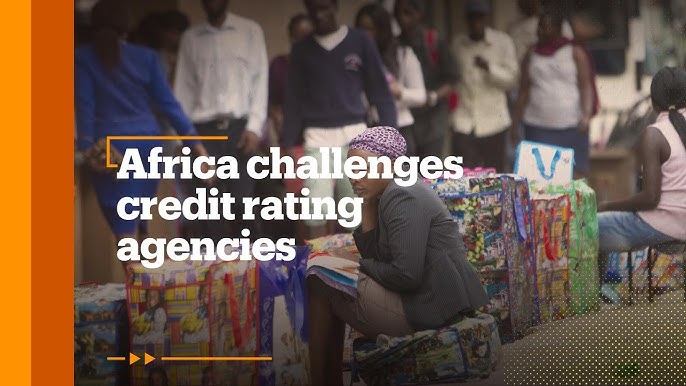Africa is set to establish its own credit rating agency by June 2025, marking a significant shift in how the continent’s economies are evaluated. The Africa Credit Rating Agency (AfCRA) aims to provide more nuanced sovereign ratings by incorporating local contexts often overlooked by traditional agencies like Moody’s, Fitch, and Standard & Poor’s.
This initiative comes as African nations face mounting challenges with international credit ratings. In the second half of 2024 alone, African countries underwent nearly twenty sovereign rating actions, including four downgrades by S&P, amid structural economic challenges such as inflation, currency depreciation, and rising debt levels.
“A credit rating should reflect repayment capacity, not government popularity. Africa needs an agency that can distinguish between temporary and structural factors,” explains a key figure behind the initiative. The African Union (AU) emphasizes that AfCRA will complement, rather than replace, existing rating agencies while ensuring risk assessments reflect ground realities.
The new agency’s methodology will incorporate factors typically overlooked by traditional rating agencies, including climate impacts, post-colonial political volatility, and local economic dynamics. For instance, while Fitch downgraded Gabon in late 2024 based primarily on military junta-related uncertainties, it notably overlooked the country’s proactive debt management strategy, including a $290 million buyback of a $605 million bond due in 2025.
AfCRA will address several key criticisms of traditional rating agencies, mainly methodological bias. Current ratings often penalize African economies by applying emerging market criteria without considering commodity-dependent economy specifics. For example, Ghana’s public debt (87.63% of GDP in 2024) is evaluated using standard emerging market metrics, disregarding unique local factors.
Data reliability will also be addressed by AfCRA as it will collaborate closely with national statistical institutes to improve data collection and verification processes, addressing concerns like those that led to Gabon’s downgrade by Fitch in 2024 over “poor data quality.”
Another challenge lies in political risk assessment as AfCRA aims to decouple economic fundamentals from short-term political developments, preventing the “self-fulfilling prophecies” where downgrades trigger investment contractions and social tensions, as witnessed in Kenya in 2024.
The agency will implement strict decision-tracking frameworks, prohibiting informal communications via social media or personal phones – addressing transparency issues that recently cost traditional agencies $48 million in SEC fines for failing to preserve electronic communications.
However, AfCRA faces significant challenges. It must maintain independence despite its African roots and win international investor confidence while balancing technical requirements with geopolitical realities. The African Union plans to follow ASEAN’s example, which successfully established regional benchmarks complementing international standards without causing market disruption.
“AfCRA’s credibility will ultimately depend on member states’ commitment to fiscal reforms,” notes a financial analyst, citing Tunisia’s recent rating upgrade by Fitch (from CCC- to CCC+) following budget deficit reduction as an example of how domestic policy reforms remain crucial.
While not a panacea for Africa’s rating challenges, AfCRA represents a significant step toward rebalancing global financial architecture. Its success will depend on its ability to combine local expertise with methodological rigor while maintaining transparency and independence in its assessments.



